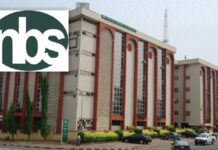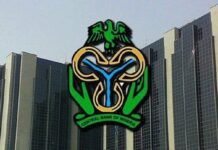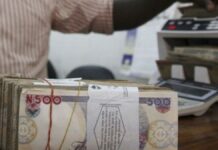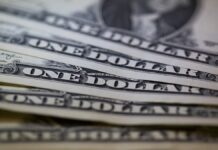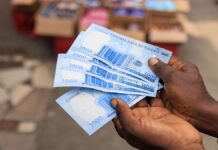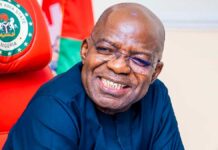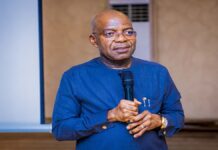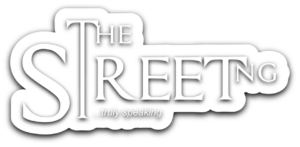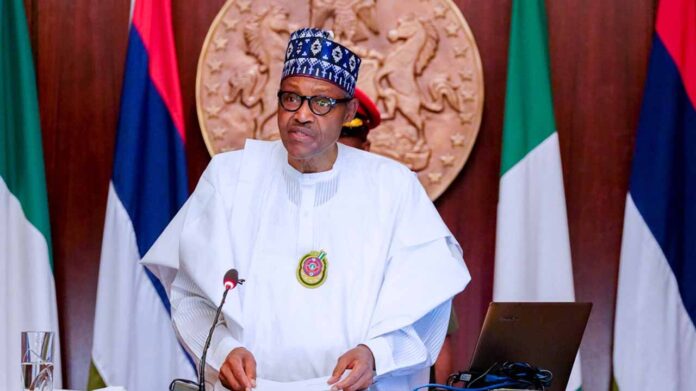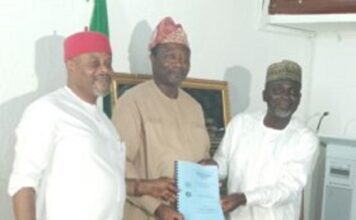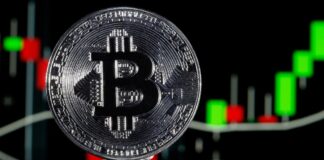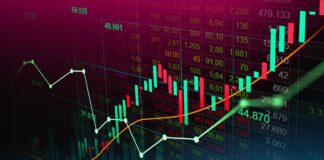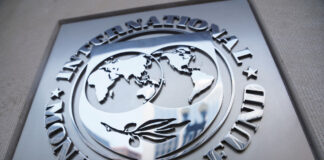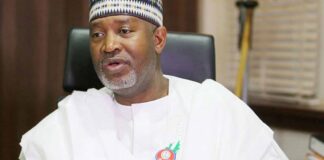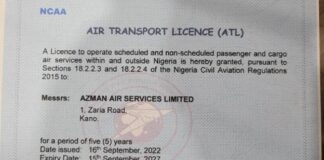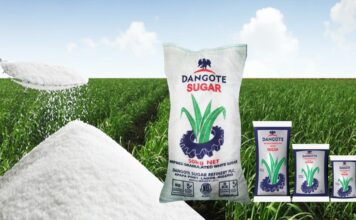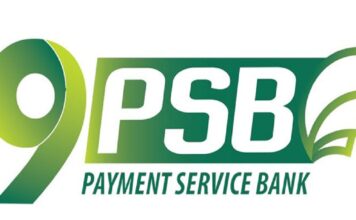Capital Control, COVID-19 Halt Growth as Foreign Inflow Hits 3-Year Low
Following foreign exchange scarcity in the economy, investors are now shy away from participating in Nigeria’s economy.
Analysts explained that the much needed economic growth may be in jeopardy with declining portfolio and direct investment in the country, a development worsen by the outbreak of coronavirus pandemic.
In the second quarter of 2020, total foreign investment inflow into the economy hits 3-year low as the nation battles currency crisis.
FX account has been significantly affected due to lower accretion into the external reserves, which currently covers 4.7 months of imports.
Participation in the Nigerian stock market has also been weak with foreign investors waiting for exits as the Central Bank of Nigeria engages in some sorts of capital control.
The recent data from The National Bureau of Statistics (NBS) shows that total capital imported into Nigeria contracted 78.6% year on year and 77.9% quarter on quarter to $1.3 billion in the second quarter of (Q2) 2020.
Afrinvest, a leading investment banking firm headquartered in Lagos said this is the weakest level since $1.0 billion in the second quarter (Q2) of 2016.
The firm said the sharp decline in Q2:2020 can mainly be attributed to the heightened risks brought by the COVID-19 pandemic which resulted in weak sentiment in emerging markets and foreign capital outflows.
Similar to the case in 2016, analysts explained that the introduction of capital controls amid FX illiquidity has left foreign investors stuck in the market and made Nigeria less attractive as an investment destination.
According to Afrinvest, the wide premium between exchange rates at the parallel market and the I&E window also suggests a mispricing of the currency, which makes investors and businesses reluctant to bring in capital.
The disaggregated data show that Other Investment including loans, trade credits and currency deposits was the largest source of capital import at $761 million in Q2:2020.
Notwithstanding, Other Investment declined 48.6% year on year and 42.8% quarter on quarter to reach the weakest level since Q4:2018.
Meanwhile, Foreign Portfolio Investment (FPI) moderated 91.1% year on year and quarter on quarter to $385.3 million in Q2:2020, the lowest since Q1:2017.
“We attribute the weakness in FPI inflows to Nigeria’s currency crisis which has reduced investors’ participation in the OMO market2, Afrinvest stated.
The data revealed that FPI flows into money market instruments contracted 90.6% year on year and 90.3% quarter on quarter to $332.1 million.
Also, flows to equities moderated 89.3% year on year and 91.7% quarter on quarter to $53.3 million while there was no inflow into the bond market from $231.2 million in Q1:2020 and $316.3 million in Q2:2019.
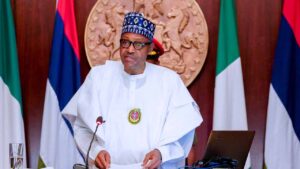

That comes just as Foreign Direct Investment (FDI) fell 33.4% year on year and 30.7% quarter on quarter to $148.6 million, which is considered the weakest since Q3:2017.
By sector, Capital importation by Shares dominated in Q2 2020 reaching $464.57 million of the total capital importation in Q2 2020.
Read Also: Officially, Nigeria’s economy sinks 6.1% amid COVID-19 outbreak
The United Kingdom emerged as the top source of capital investment to Nigeria in Q2 2020 with $428.83m.
This accounted for 33.12% of the total capital inflow in Q2 2020.
By Destination of Investment, Lagos state emerged as the top destination of capital investment in Nigeria in Q2 2020 with $1,130.49m.
This accounted for 87.30% of the total capital inflow in Q2 2020.
By Bank, Standard Chartered Bank Nigeria Limited emerged at the top of capital investment in Nigeria in Q2 2020 with $425.21 million.
This accounted for 32.84% of the total capital inflow in Q2 2020.
“We believe FDI weakness reflects the volatile macroeconomic environment and weak medium to long-term economic prospects.
“Going forward, we expect foreign investment to remain weak due to COVID-19 related risks and currency challenges”, Afrinvest detailed.
Capital Control, COVID-19 Halt Growth as Foreign Inflow Hits 3-Year Low
